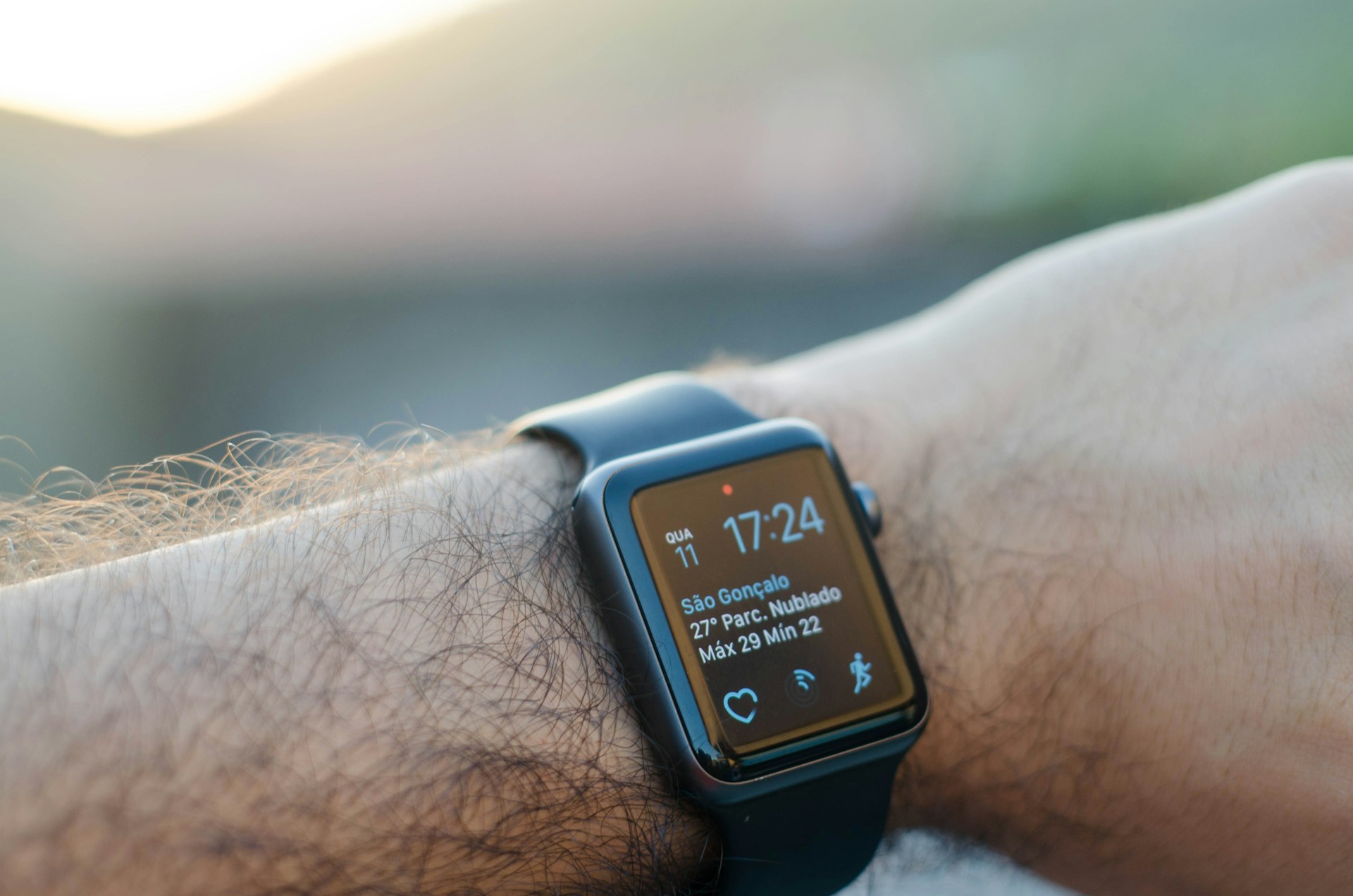
The use of wearable technology in healthcare is a rapidly growing trend, with smartwatches and other devices promising to revolutionize how we monitor and manage our health. However, despite the potential benefits, many doctors and tech experts remain cautious about relying solely on data collected by these devices.
While wearables can track various health metrics, such as heart rate, sleep patterns, and even body temperature, questions remain about the accuracy and reliability of this data. Dr. Helen Salisbury, a general practitioner in Oxford, expresses concerns about the potential for over-monitoring and the creation of a “society of hypochondria.”
She highlights that abnormal data readings can have various causes, not all of which require medical intervention. “I’m concerned that we will be encouraging people to monitor everything all the time, and see their doctor every time the machine thinks they’re ill, rather than when they think they’re ill,” she cautions.
Dr. Yang Wei, an expert in wearable technologies, points out the technical limitations of these devices. Battery life constraints and movement can affect the accuracy of data collected, particularly for metrics like heart rate. He emphasizes the importance of software in interpreting this data, but notes the lack of standardization in the wearable technology industry.
Despite these concerns, there are also promising applications for wearables in healthcare. Dr. Jake Deutsch, a US-based clinician, finds wearable data helpful in assessing overall health, and anecdotal evidence suggests that devices like the Apple Watch have helped save lives through their heart-monitoring capabilities.
However, many healthcare professionals remain hesitant to fully rely on patient-generated data from wearables, often preferring to confirm the data with their own equipment. This highlights the need for greater accuracy, standardization, and integration of wearable technology into existing healthcare systems.
Experts acknowledge the potential for wearables to play a role in shifting healthcare from hospitals to community settings. However, they emphasize the need for robust infrastructure, training, and support for healthcare professionals to effectively utilize this technology.
The use of wearables in healthcare presents both exciting possibilities and significant challenges. As technology continues to evolve, it’s crucial to address concerns about accuracy, privacy, and the potential for over-monitoring, while also harnessing the potential benefits of these devices to improve healthcare outcomes.
















Be the first to leave a comment